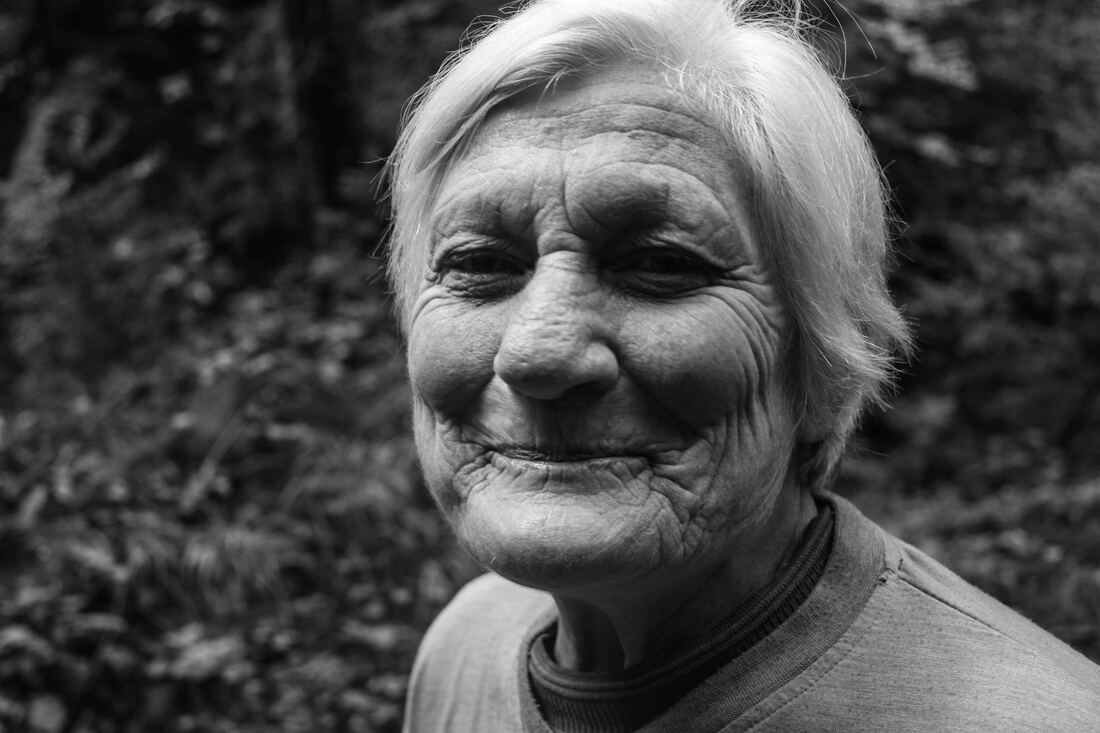|
Through recent years, as my research, practice, and experience with gifted individuals embraces all ages across the lifespan, a question emerged. In what ways does giftedness manifest itself across the lifetime? In response, there is the need to define what term giftedness. In 1991, the Columbus Group defined giftedness as follows. Giftedness is asynchronous development in which advanced cognitive abilities and heightened intensity combine to create inner experiences and awareness that are qualitatively different from the norm. This asynchrony increases with higher intellectual capacity. The uniqueness of the gifted renders them particularly vulnerable and requires modifications in parenting, teaching and counseling in order for them to develop optimally.1 When I entered the field of gifted education as a resource teacher for gifted students in the early 1980’s, many educators, parents, and researchers held the common belief that individuals grow out of giftedness after the elementary years. In the middle school and high school years most schools melded previously identified students with other high functioning students in honors or Advanced Placement programs. I considered the administrators in our school district as visionary when they created my position as a resource teacher for grades seven through twelve, intending that the gifted in those grades would receive qualitatively different learning experiences beyond their elementary years. More recently, the gifted community expanded the literature in the field to include gifted adults, and yes, even gifted elders. For giftedness is a lifelong phenomenon. Often, we come to that awareness as described in the words below. We did not hear the word gifted as a child. We thought we were odd. Even as we age, it is difficult to say aloud, “I am a gifted adult.” We realize the differences in our reasoning, but mostly in our feelings. When loved ones hurt, we feel physical pain. A breathtaking sunset brings tears to our eyes. We lie awake at night, wishing we could set things right in the world. We labor to internalize the wisdom of Candide to tend our own garden; and, when we do so, it is with an intensity that could ignite the universe.2 I wrote the words above as part of a 100 Words of Wisdom series shortly before my 70th year. Six years later, the words remain an affirmation of the reality and the intensity of adult giftedness. Additionally, they prompted me to embark on an inquiry project into the world of the gifted elder. I have been fortunate to interview or to receive narratives from over forty gifted individuals, ranging from the mid-fifties to their early nineties. It remains for a future blog post to report some of my inquiry findings. Suffice it presently to share a few understandings.
1 The Columbus Group, 1991 2 Joy Navan (2013). “100 Words of Wisdom: Joy Navan,” accessed December 10, 2016. sengifted.org/100-words-of-wisdom-joy-navan/
2 Comments
|
Blog
Check here for interesting articles about giftedness, intensity, parenting, twice-exceptionality (2E), neuroscience, social emotional needs, and more! We look forward to your feedback. If you would like to write an article...
Archives |


 RSS Feed
RSS Feed